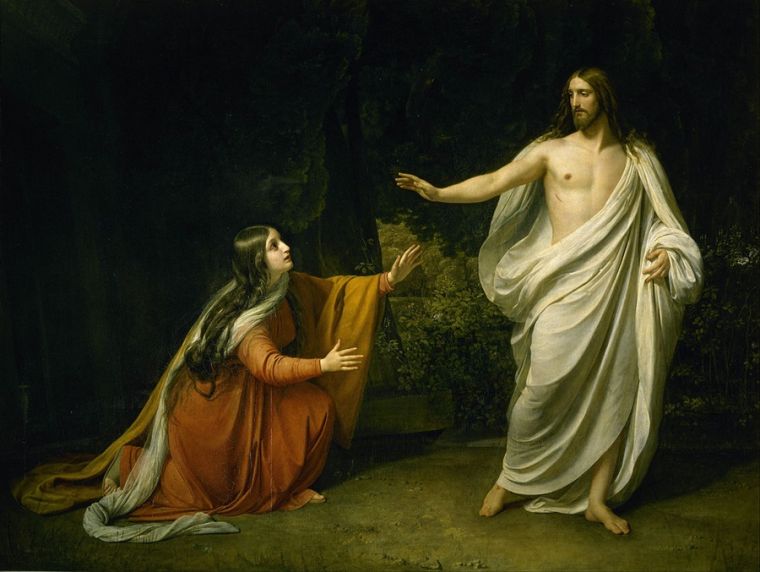
Here's another proof of the Bible's accuracy: The discovery of Jesus Christ's empty tomb defied traditions when the Gospel writers named Mary Magdalene and "The Other Mary" as the first persons to discover Christ's empty tomb and spread news of His Resurrection.
Christian apologist Lee Strobel explains the significance of this millenniums-old account of the Resurrection of Christ in his newly revised New York Times best-selling book "The Case for Christ: A Journalist's Personal Investigation of the Evidence for Jesus."
The author noted that Jewish tradition in the first century regarded women as unreliable sources of information, according to The Christian Post.
Nevertheless, Strobel said the Gospel writers mentioned Mary Magdalene and "The Other Mary" as the ones who first discovered Christ's empty tomb—at the risk of jeopardising the belief in the news of Christ's Resurrection since it went against long-held traditions.
He said by including details that could hurt their story, the Gospel writers proved that they were only committed to accuracy in chronicling what actually transpired after Jesus Christ was crucified.
Advertisement
"The Gospel writers have a point of view, but they were committed, I believe, to recording what actually occurred, and you can see that because many times they'll report embarrassing facts that they would not include if they were trying to make this stuff up," Strobel told The Christian Post.
He explained that during that time, people had low regard for women as source of information, adding that it was even considered embarrassing for women to deliver information.
"When you have embarrassing facts — like the fact that women discovered the empty tomb — that was embarrassing in the first century because women were not considered reliable purveyors of information," Strobel said.
He noted that first-century women were generally not allowed to testify in a court of law. "So if you were going to make up the empty tomb, you would say that John discovered it empty, or Peter discovered it empty. Instead they [writers of the Gospels] include the embarrassing detail that women discovered it empty," he said.
"That hurt their case. Why would they do that? Because that's an indication they just wanted to be honest and report what actually occurred and let the chips fall where they may," Strobel pointed out.


